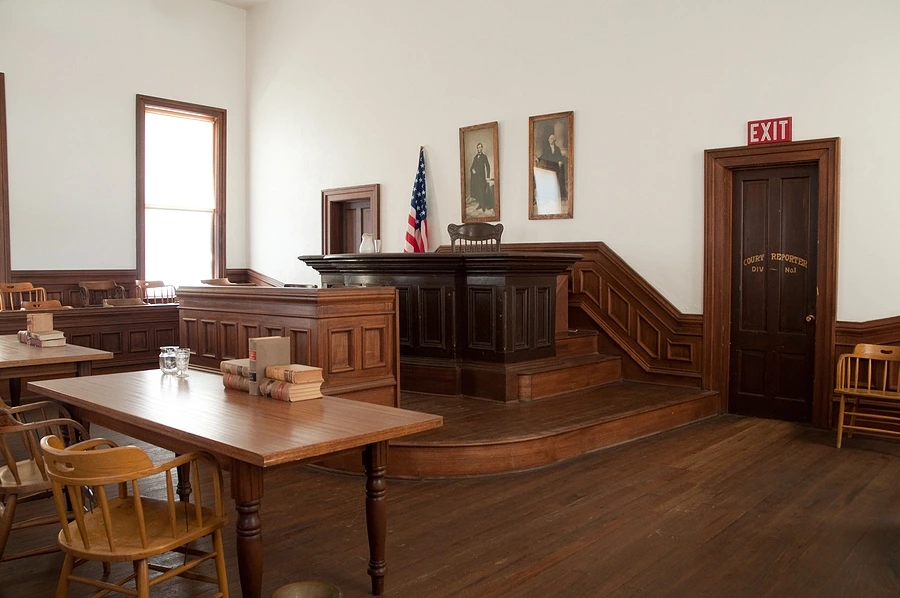The Impact of Witness Testimony on Your Personal Injury Case

Witness testimony often plays a critical role in personal injury cases, providing key evidence that can strengthen your claim. In Florida, the effectiveness of witness testimony can significantly impact the outcome of your case. Understanding how to leverage witness accounts and the role they play in the legal process is essential for building a strong case. Here’s a guide to how witness testimony can influence your personal injury case and how to make the most of it.
Understanding the Role of Witnesses
- Types of Witnesses: Witnesses can be classified into several types, including eyewitnesses who saw the accident happen, expert witnesses who provide specialized knowledge, and character witnesses who can speak to your credibility or the defendant’s behavior.
- Eyewitnesses: These individuals can provide firsthand accounts of the incident, detailing what they saw and heard. Their observations can corroborate your version of events and help establish liability.
- Expert Witnesses: Experts provide professional opinions based on their specialized knowledge. For example, a medical expert can discuss the extent of your injuries, while an accident reconstruction specialist can explain how the accident occurred.
Collecting and Preparing Witness Testimony
- Identify Potential Witnesses: After an accident, identify and reach out to anyone who may have witnessed the event. This includes people present at the scene, first responders, or individuals with relevant expertise.
- Obtain Statements: Collect written or recorded statements from witnesses as soon as possible. Ensure their accounts are accurate and detailed, covering what they observed and any other pertinent information.
- Preserve Evidence: Keep a record of all witness information and statements. This documentation will be crucial for presenting their testimony in court or during settlement negotiations.
The Impact of Witness Testimony on Your Case
- Strengthening Your Claim: Strong witness testimony can support your version of events, confirm the details of the accident, and reinforce your claims of injury or damages. This can be pivotal in persuading insurance companies or the court of your position.
- Countering Defense Arguments: Witnesses can help counter any arguments made by the defense. For instance, if the defense suggests that the accident was your fault, eyewitnesses can provide accounts that challenge this claim.
- Credibility and Persuasion: The credibility of witnesses can influence how your case is perceived. Reliable and consistent testimony from credible witnesses can make your case more convincing.
Preparing Witnesses for Testimony
- Pre-trial Preparation: Work with your attorney to prepare witnesses for their role in the case. This includes explaining what they may be asked and how to provide clear and concise answers.
- Mock Testimonies: Conduct mock depositions or practice sessions to help witnesses become comfortable with the legal process and the types of questions they might face.
Handling Witness Issues
- Dealing with Hostile Witnesses: Sometimes, witnesses may be unfavorable or provide testimony that challenges your case. Your attorney can help address these issues and mitigate any negative impact.
- Subpoenaing Witnesses: If a witness is unwilling to provide testimony voluntarily, your attorney can issue a subpoena to compel them to testify in court.
Using Witness Testimony in Court
- Presenting Testimony: In court, witnesses will provide oral testimony, which may be supported by written statements or depositions. Your attorney will present their testimony in a way that supports your case effectively.
- Cross-Examination: Be prepared for cross-examination by the defense, which may challenge the reliability or accuracy of witness testimony. Your attorney will handle this process to ensure that the testimony remains credible.
The Role of Witness Testimony in Settlement Negotiations
- Influencing Settlements: Strong witness testimony can make your case more compelling during settlement negotiations. The presence of credible witness accounts can encourage a fair settlement offer from the opposing party.
- Building Leverage: Effective witness testimony can also provide leverage in negotiations, potentially leading to a more favorable settlement agreement.
Conclusion
Witness testimony is a crucial element in personal injury cases, providing essential evidence that can significantly impact the outcome. By carefully identifying, preparing, and presenting witnesses, you can strengthen your case and enhance your chances of a successful resolution. Working closely with your personal injury attorney to manage witness-related aspects of your case will help ensure that their testimony supports your claims effectively and contributes to a favorable outcome.
